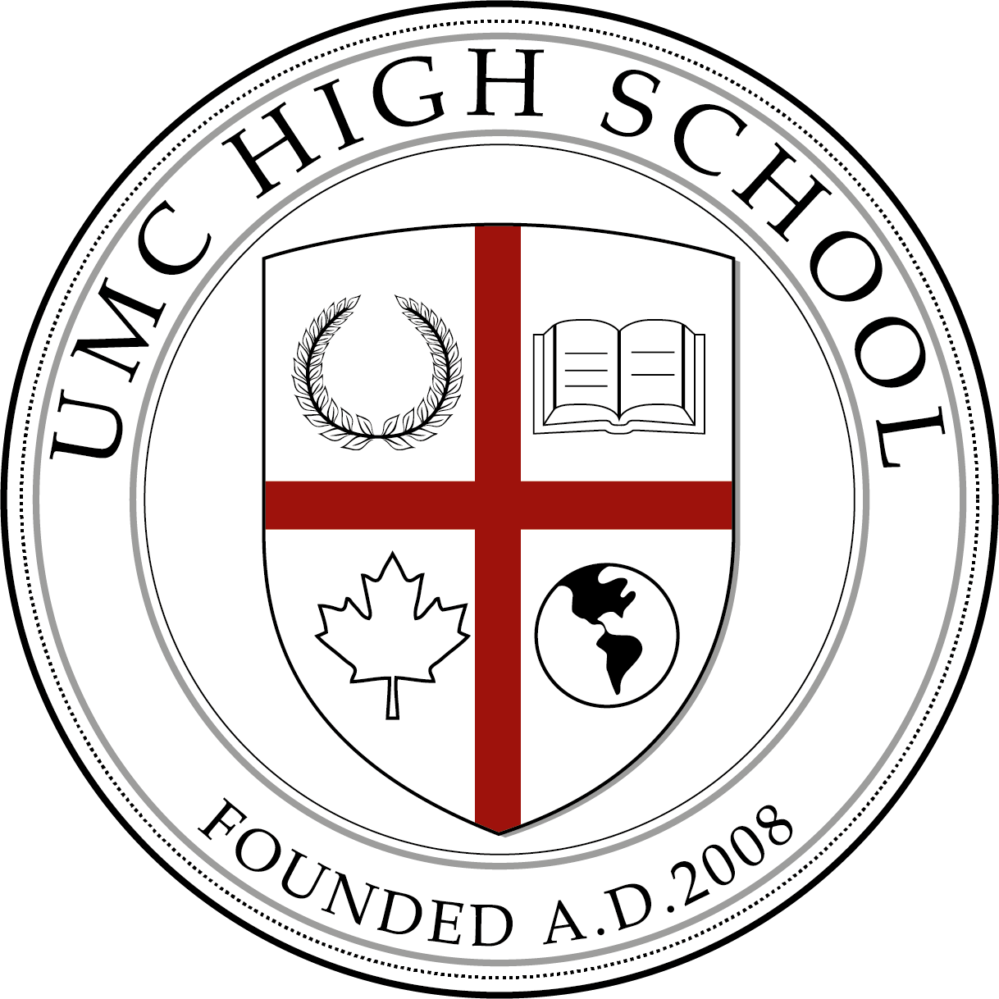Students must complete a community involvement component as part of the diploma requirements. These activities may be completed at any time during the student’s years in the secondary school program. Students in Grade 8 will now be able to start accumulating community involvement hours in the summer before they enter Grade 9.
The community involvement requirement is designed to encourage students to develop an awareness and understanding of civic responsibility and of the role they can play in supporting and strengthening their communities. The requirement will benefit communities, but its primary purpose is to contribute to the student’s personal development. It will provide opportunities for students to learn about the contributions they can make to the community.
Students, in collaboration with their parents, will decide how they will complete the community involvement requirement. They may use their annual education plan to identify possible activities they might undertake.
UMC High School – Eglinton Campus Staff will discuss appropriate types of community involvement activities and projects with students and may offer suggestions. However, the selection and management of the involvement is to be directed by the student.
Community involvement activities may take place in a variety of settings, including not-for-profit organizations, public sector institutions (including hospitals), and informal settings. Students may not fulfill the requirement through activities that are counted towards a credit (cooperative education and work experience, for example), through paid work, or by assuming duties normally performed by a paid employee.
The requirement is to be completed outside the student’s normal instructional hours. Specifically, the activities are to take place in the student’s designated lunch hour, after school, on weekends, or during school holidays.
Students must maintain and provide a record of their community involvement activities. The organizations or persons supervising the activities must confirm completion of the required 40 hours. The student must submit documentation attesting to the completion of each activity to the Principal. This documentation must include for each activity the name of the person or organization receiving the service, the activity performed, the dates and hours, the signatures of the student and her or his parents, and a signed acknowledgement by the person (or a representative of the organization) involved. UMC High School – Eglinton Campus provides a Community Involvement Planner (available in the office) to assist parents and students in meeting this requirement. The Principal will decide whether the student has met the requirements of both the Ministry and our school for these activities.
Students may consider virtual volunteering, such as connecting with seniors, organizing virtual fundraising events and facilitating discussions with newcomer youth. Outdoor volunteer opportunities could include, for example, picking up litter. Volunteer opportunities, such as connecting young people to be technology mentors to seniors, can be found through agencies such as Spark Ontario.
For the 2020-21 and 2021-22 school years, the ministry provided flexible ways for students to obtain community involvement hours. At the principal’s discretion, students could earn hours during the time allotted for the instructional program on a school day, and through duties normally performed in the home. This can include helping an elderly relative with an errand or a sibling with homework. Additionally, students could count a maximum of 10 hours from paid employment for students aged 14 years and older. These flexible measures will continue to be available for the 2022-23 school year for all students.
